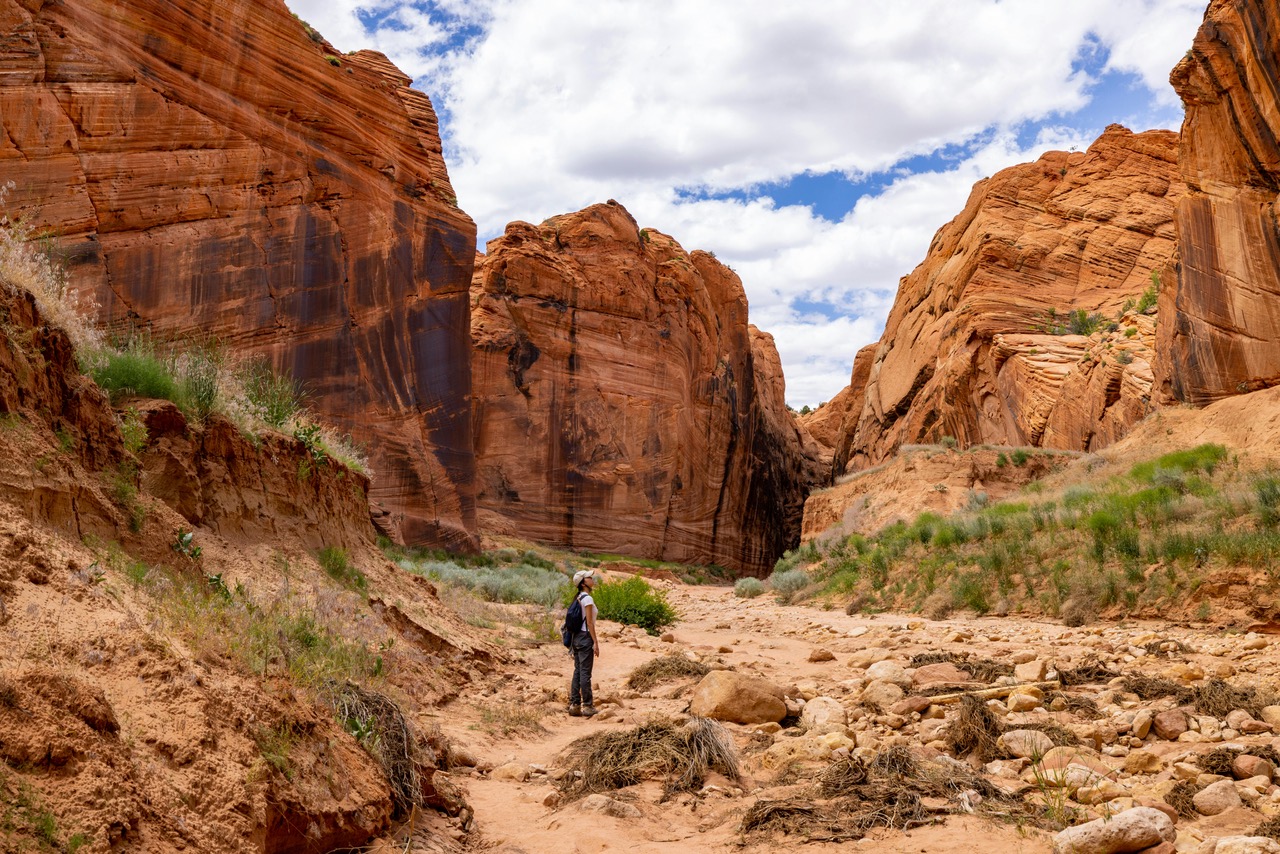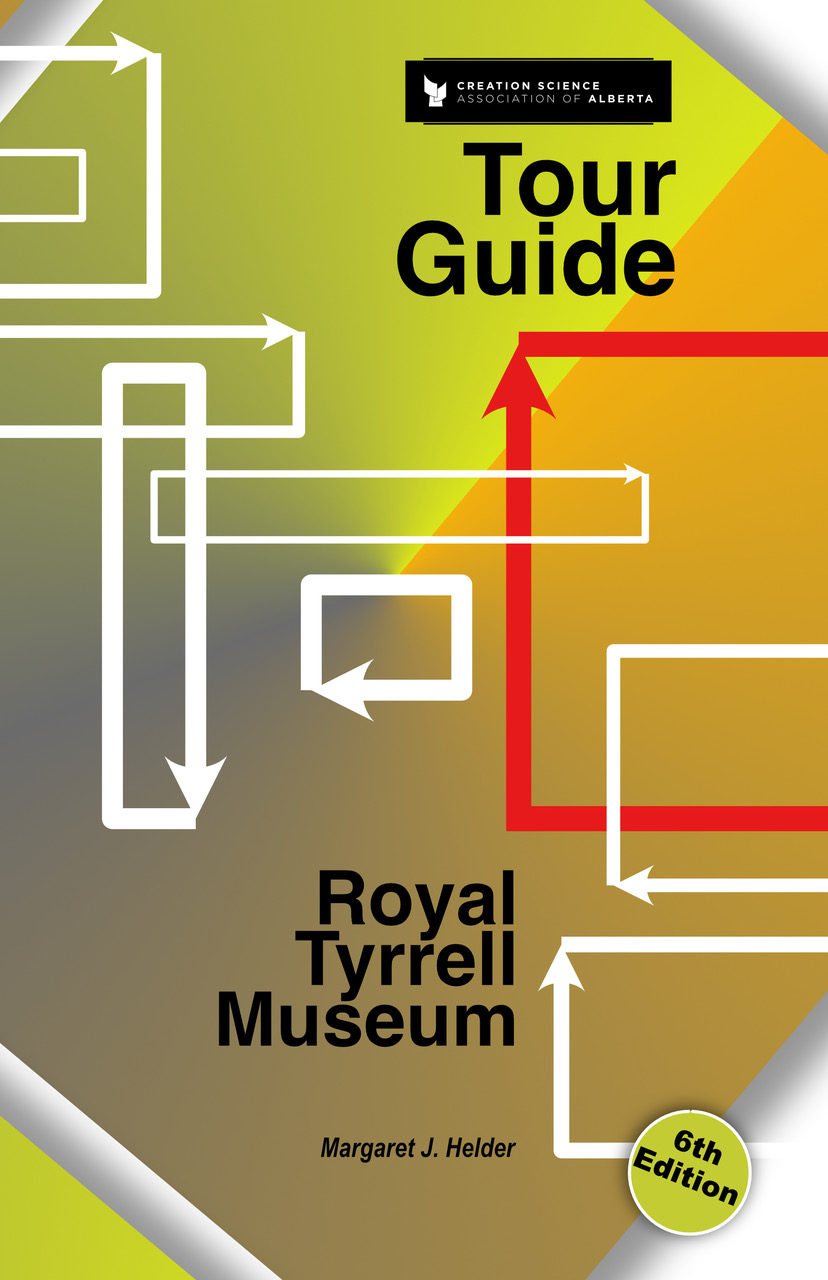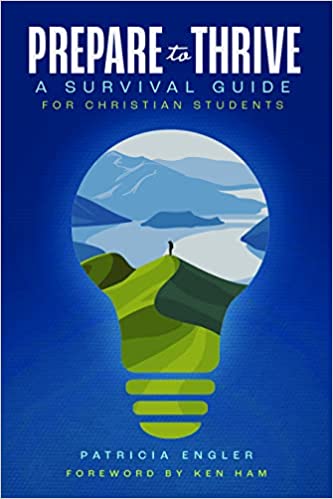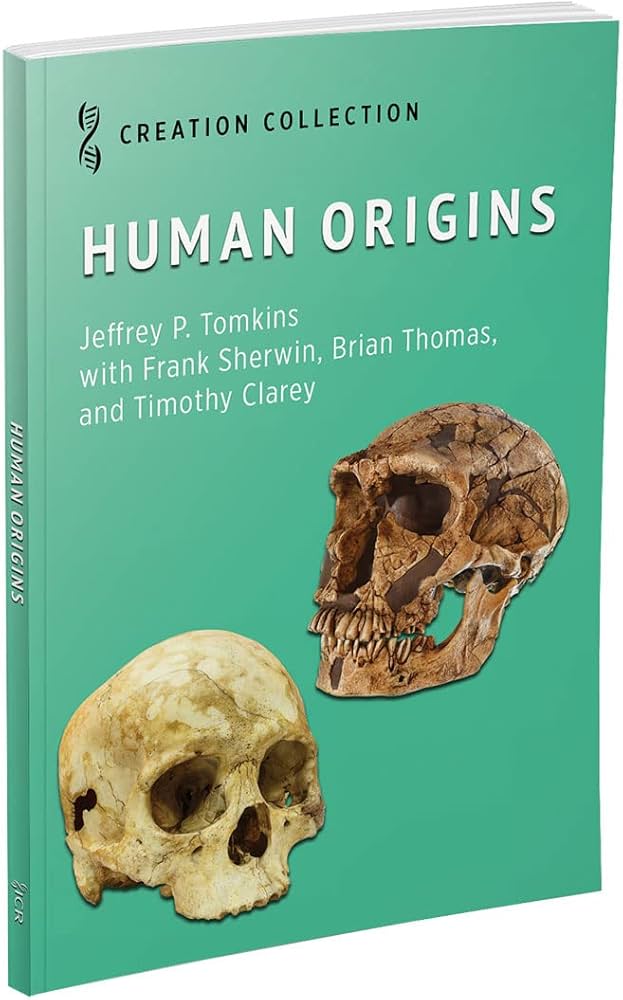Suppose you were to discover something new, maybe a piece of art, or a delicious dessert, a new book, a piece of furniture or even a building. One of the first things you might want to know is, who made it? It has been ever thus. Even ancient peoples noticed and made observations concerning what they saw around them. And they reflected on these issues. They studied the motions of the stars (and planets), the seasons and weather, and even plants and animals. For example, the prophet Isaiah wrote concerning God: “I made the earth and created man on it, it was my hands that stretched out the heavens, and I commanded all their host.” Other ancient peoples attributed natural phenomoena to terrible pagan gods, never to the one true and benevolent God. For example in Psalm 96: 5-6 we read “For all the gods of the peoples are worthless idols, but the Lord made the heavens. Splendor and majesty are before him; strength and beauty are in his sanctuary.”
Today we have amazing opportunities to observe and appreciate so many natural phenomena. Most of us have seen mountains and plains, waterfalls, forests and meadows. We have seen wild animals of many kinds. We have enjoyed exotic crops from the farthest corners of the earth. But do we stop to ask who made all these things? Do we express gratitude for all these blessings?
To some people, it is obvious that we owe our gratitude to an amazing intelligent Creator. Other people, unhappy at the idea that God might claim their allegiance, prefer to attribute the creation to blind processes involving time and chance. These phenomena (time and chance) do not demand anything from anybody., but God does.
Thus, one important aspect of the study of science, be it physics, chemistry or biology, is to understand that all created things bear testimony to the work and glory of the Creator. This realization means that each new discovery is an amazing journey of reflection. King David, three thousand years go, said it so aptly: “The heavens declare the glory of God, and the sky above proclaims his handiwork. Day to day pours out speech, and night to night reveals knowledge.” (Psalm 19: 1-2)
So let us make the most of our opportunities for study of, and sharing with others, the wonders of God’s creation. Some people imagine that study of science is not a useful addition to a Christian youngster’s course of study. But it is! When we consider how nature displays rich variety and beauty, how can we not express our appreciation by looking more closely at its features? The more we look, the more interested we become and all the more we become amazed at the awesome Creator!
You can start your program by looking at the squirrels and rabbits in your neighborhood and the wild flowers (maybe weeds) thriving in the landscape nearby. If you can’t think up a relevant question, reflect on how these creatures are designed to survive the winter in your area. Soon you will notice and ask questions about all sorts of interesting features of your community. Don’t forget to consider why the plants and animals are the way you see them. Now you can move onward to studying the Creation in much more detail! And the good news is that there are lots of great resources to help you in your studies!
August 2024
Subscribe to Dialogue







